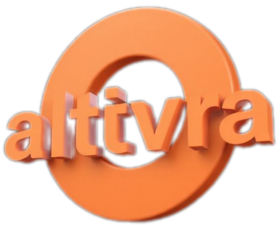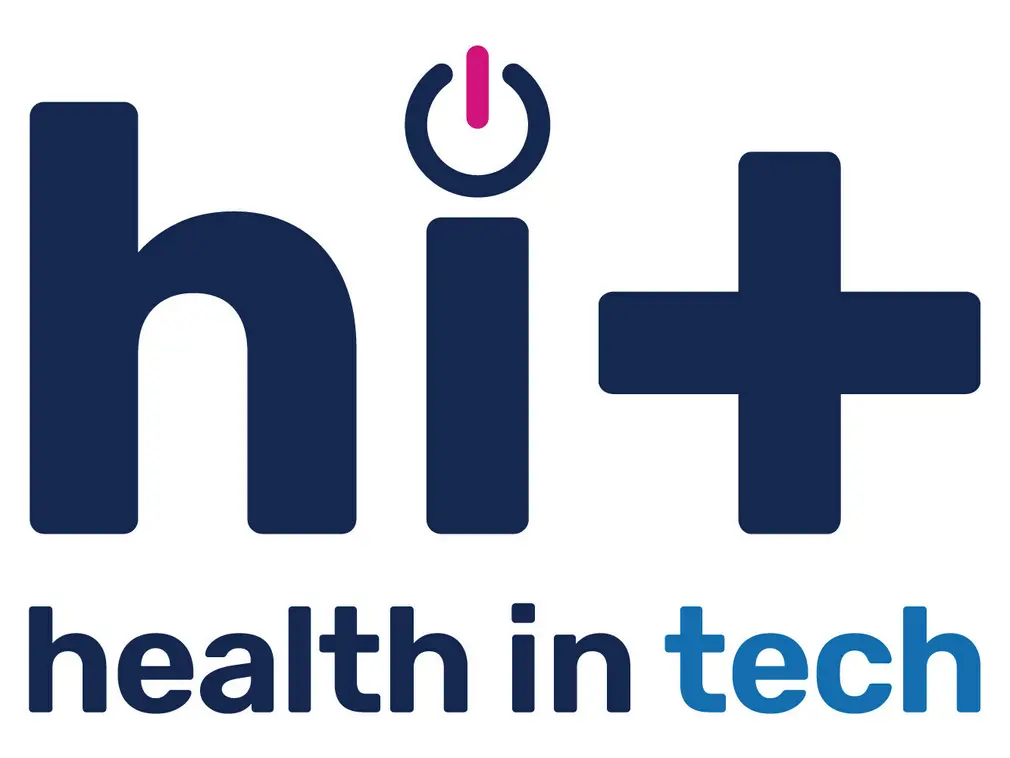Health IT Staff: Embrace AI with Training and Education

The future of healthcare is here, and it revolves around artificial intelligence (AI). For health information technology professionals, integrating AI into their workflow is not just a trend—it’s an opportunity to revolutionize the way we deliver care. But before they can lead this transformation, they need to understand how AI works and how to effectively implement it in their practice. This article will guide you through why AI is essential for health IT staff and what steps they should take to embrace this technology.
Why Should Health IT Staff Be Educated on AI?
While AI holds immense potential for the healthcare industry, its effectiveness heavily depends on how health IT professionals are trained and equipped to utilize it. Without proper education, even the most advanced tools may struggle to meet their full potential. Here are some key reasons why education is crucial:
- Bridging the Gap Between Innovation and Implementation: AI adoption in healthcare often lags behind its full realization due to a lack of understanding among staff. Training programs can help bridge this gap by ensuring that professionals are comfortable with the technology.
- Improving Patient Care Outcomes: By mastering AI tools, health IT staff can provide more personalized and efficient care, ultimately leading to better patient satisfaction and improved outcomes.
- Enhancing Efficiency and Accuracy: Properly trained staff can optimize the use of AI-powered tools, reducing errors and saving time in daily operations. This allows healthcare providers more bandwidth to focus on direct patient care.
Supporting Strategies for AI Adoption
A smooth transition to AI requires more than just technical training. Collaboration between organizations, government policies, and industry leaders can significantly accelerate its adoption. Here are some key strategies:
- Policy Changes: Advocate for regulations that support AI-driven healthcare innovation, ensuring a level playing field for businesses looking to adopt these tools.
- AI Tools and Platforms: Invest in accessible, user-friendly platforms designed specifically for healthcare professionals. This will make it easier for staff to learn and implement AI solutions without additional barriers.
- Community Engagement: Foster collaboration between healthcare providers, technology developers, and education institutions to create a supportive ecosystem for AI adoption.







